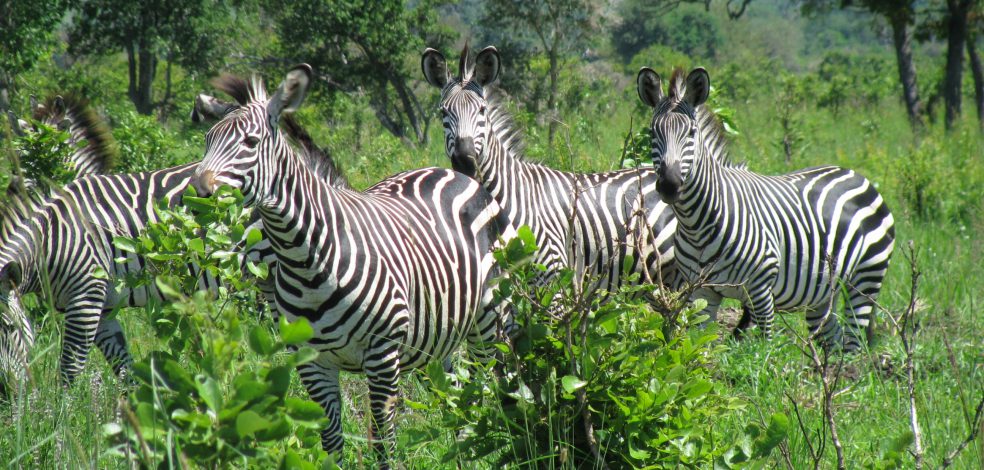We were still at Lebala Camp in Botswana (see Back from Africa: Part 1). I had just met a German couple who were profoundly concerned about dogs – in particular the African wild dog, Lycaon pictus. Only about 6600 individuals remain in this endangered species, but what troubled my friends is that the dogs and lions at Lebala were getting along very poorly. If the emotion of hate can be attributed to nonhuman animals, it can probably be applied to the relationship between lions and African wild dogs. Both compete for the same food, mostly ungulates (mammals with hooves) and lions will kill dogs if given the opportunity. This is what worried my new-found friends, who were deeply concerned about the viability of the pack of 13 individuals within Lebala.

It turns out they were right to be concerned. That very day, our local pack was attacked by a group of lions and the alpha female was killed. Nobody really knows what happened, but her body was discovered near the den – which is a hole where the pups are hidden. The pack generally goes out hunting during the day, and the alpha female guards the pups, using distraction to keep predators, usually lions, away from the den.

When we arrived at the scene, we were not allowed to look at the remains, as our guide was concerned at how we might react, and, I believe, wanted to show respect for the dogs. The rest of the pack, littermates from the previous year, were five males and one female. Six pups populated the den, and the young adults were feverishly digging them out. There was lots of tail-wagging, butt sniffing, and playing when the pups finally emerged from their subterranean den. It was not clear to me that the dogs were behaving strangely, but our guide assured us that the six young adults were unusually wary.

We were, of course, saddened over the loss of the female, and very concerned about whether the pack would be able to survive. However, the behavior of the pups was incredibly joyful and uplifting. They were so happy to be liberated from their den, and equally happy to be in the company of their beloved family (am I anthropomorphizing a bit?). Everybody was jumping on everybody, with lots of wrestling, batting and yipping, that might be typical of a litter of domestic dogs that had just awakened from a nice siesta. This closeness promotes pack unity as the dogs mature, and helps contribute to their remarkably efficient hunting success. They hunt by chasing prey until they tire them out, and enjoy an unusually high success rate in comparison to other predators (including lions).

The future for this pack was uncertain. Males stay with the pack, while females usually disperse to other packs. One problem is that as dog populations become more scattered and habitat becomes more fragmented (as a result of human development), it is difficult for females to find a new pack to disperse to. The pups in this pack were still nursing, but old enough so that some of their sustenance came from meat which was regurgitated to them by the young adults.

However, our guide did not know if these pups were old enough to survive without their mother. Mother’s milk provides pups with nutrients, but at this age, water is very limiting during the dry season. So even if the pups could be adequately fed, it is not clear if they would be hydrated enough to survive.
Hoping for the best…





